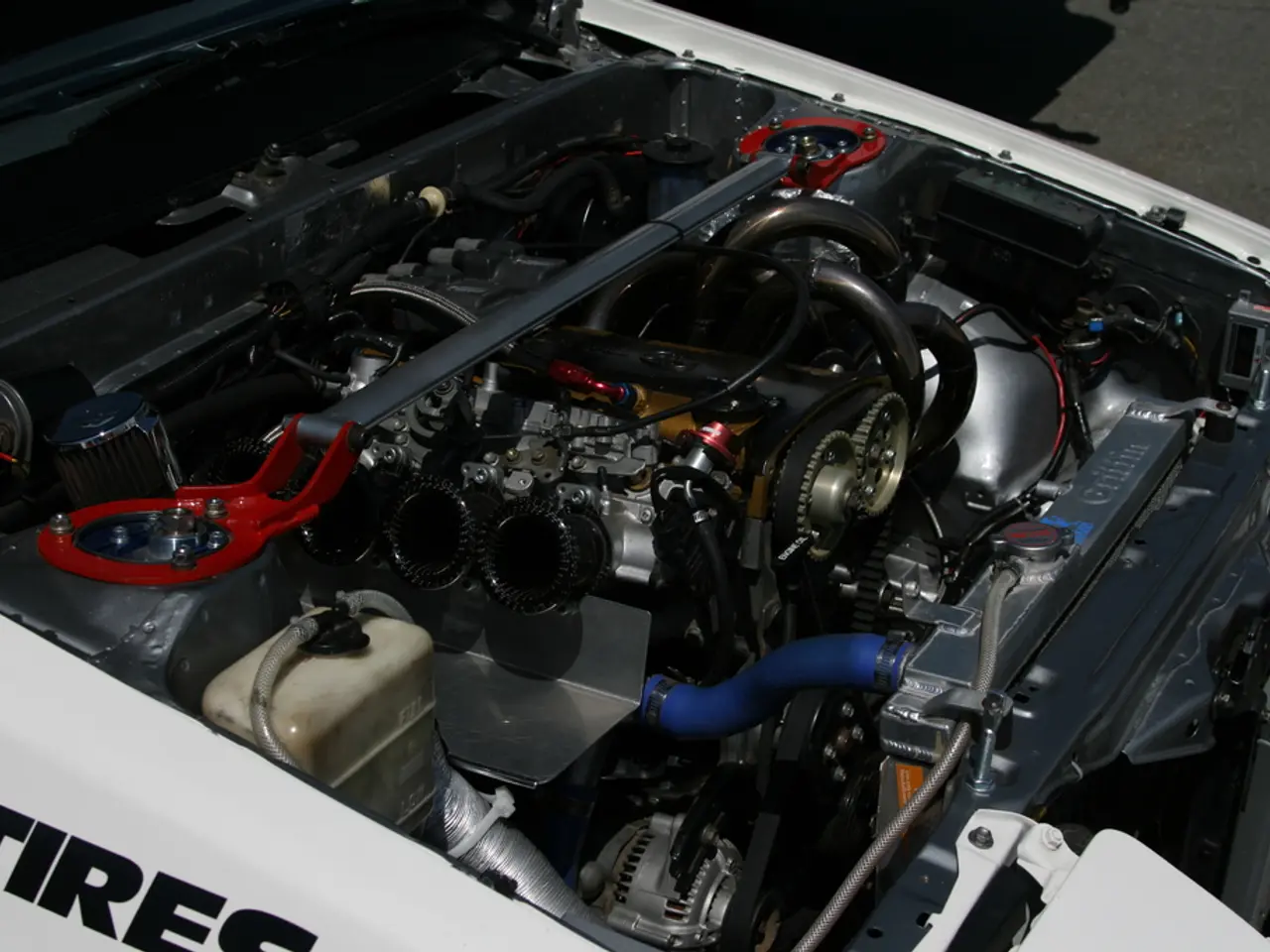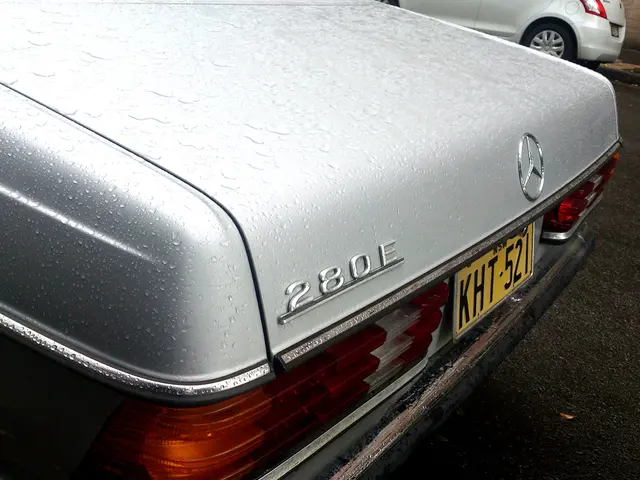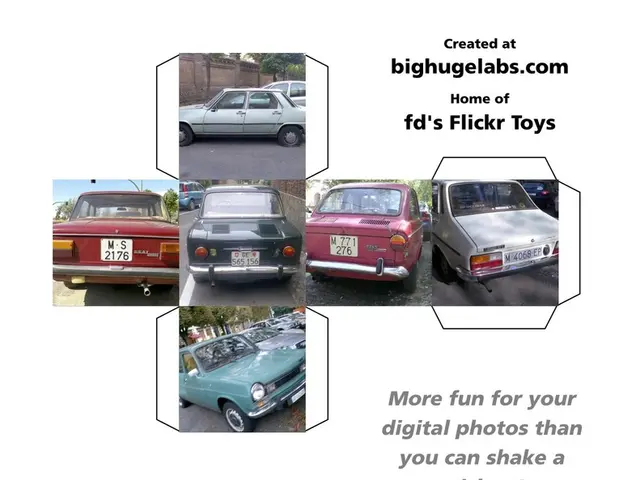Stellantis Invests in Tiamat's Sodium-Ion Batteries for Sustainable Future
Tiamat, a startup specialising in sodium-ion batteries, has received investment from Stellantis Ventures. This move signals Stellantis' commitment to reducing its carbon footprint and exploring more sustainable battery technologies.
Tiamat's batteries, while still in the early stages of development, show promising features. They boast a greater power density than conventional electric vehicle (EV) batteries and can charge faster than their lithium-ion counterparts. Moreover, they offer a significant cost advantage, thanks to their aluminium cathodes and the abundance of sodium, which is less expensive and more sustainable than lithium.
However, sodium-ion batteries are not without their challenges. Currently, they demonstrate a shorter cycle life than lithium-ion batteries, typically lasting several hundred to a few thousand charge-discharge cycles, although Tiamat's batteries can last up to 5,000 cycles with 80% capacity retention. Stellantis, aiming to achieve carbon net zero by 2038, sees the potential in sodium-ion batteries to reduce dependence on certain countries for critical minerals.
Stellantis' investment in Tiamat reflects its commitment to exploring innovative battery technologies. Despite the current limitations in cycle life, sodium-ion batteries offer potential benefits in cost, charging speed, and power density. As development continues, these batteries could play a significant role in Stellantis' goal to achieve carbon neutrality.
Read also:
- Reconsidering the Approach to Mountain Height Measurement?
- UK automaker, Jaguar Land Rover, to commit £500 million for electric vehicle manufacturing in Merseyside
- Standard Nuclear & Framatome Join Forces to Boost TRISO Fuel Production by 2027
- IAEA Urges Action as Zaporizhzhia Nuclear Plant's Power Crisis Worsens








